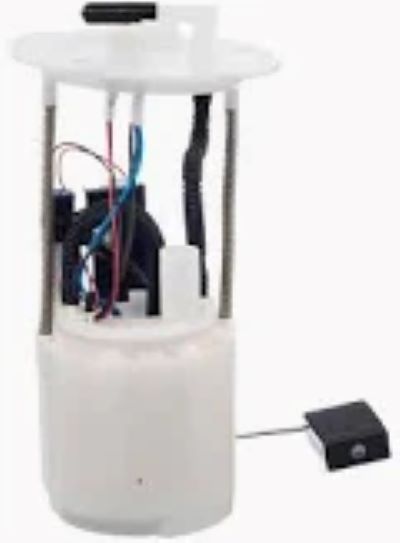Oftentimes, the signs of a fuel pump that needs adjustment are really fixed on recognizing certain symptoms that relate to the deliverance of fuel. For instance, one of the most notorious indicators that your engine is not working as it should is when you have to accelerate this and it starts misfiring or nearly hesitating. This means that your fuel pump is not providing the right amount of fuel pressure and should go from 30 psi to 80 psi, depending on the engine specification in your vehicle. When this pressure is too low or too high, the air-fuel mixture can become unbalanced, which all but guarantees reduced engine performance.
Poor Fuel Economy is Another Telltale Sign An incorrectly controlled fuel pump can also lead to the engine using more fuel as required, lowering miles per gallon (MPG). It may need an adjustment to bring the fuel back, or avail gas return from the pump hence providing super efficiency. For example, if a vehicle that used to get 25 MPG is now delivering only 18 MPG, it could be an indication of fuel pump problems and lack of proper fuel flow.

This would determine that the pump is developing correct pressure, (via a fuel pressure gauge). If out of the manufacturer’s coverage, a correction might be needed. Fuel pumps for high pressure usually adapt their flow or work with a higher pressure level than engines used in normal condition, meaning that alot of times they are regulated at having more than 100psi (in modified vehicles such as turbo- supercharger) to avoid running out of fuel. If you do not adjust the pump for these changes then this will make it run lean that is very bad for the engine as to less fuel can cause detonation or knocking.
Ultimately, if the fuel pump is unable to maintain an appropriate fuel pressure, then it needs to be regulated. Sudden power loss or difficultly starting the vehicle are other failed opportunities of a failing your fuel pump. Symptoms usually display when the pump is unable to deliver consistent fuel pressure, particularly at high rpm and under heavy load. In 2019, the National Institute for Automotive Service Excellence (ASE) conducted a study that found fuel pump calibration issues were responsible for approximately 12% of reported vehicle performance problems.
This can be due to the noise coming from the fuel pump. A fuel pump in good shape should run quiet Yet, if you begin to notice a whine, or grind coming from the pump this can be an indicator of the need for tweaking of the pressure regulator via some type of dampener setup or shock that simply acts as a softening agent rather than providing actual enduring support.
This was illustrated in some high-profile cases such as the recall of certain Subaru models in 2018 where improper fuel pump calibration resulted in stalling and poor performance.
In short, calibrating a Fuel Pump ensures the car gets the adequate amount of fuel to optimize performance. This means that the engine will continue to run without any problems, and significant mechanical problems can be avoided because regular maintenance allows you to check fuel pressure and fix any abnormalities.
